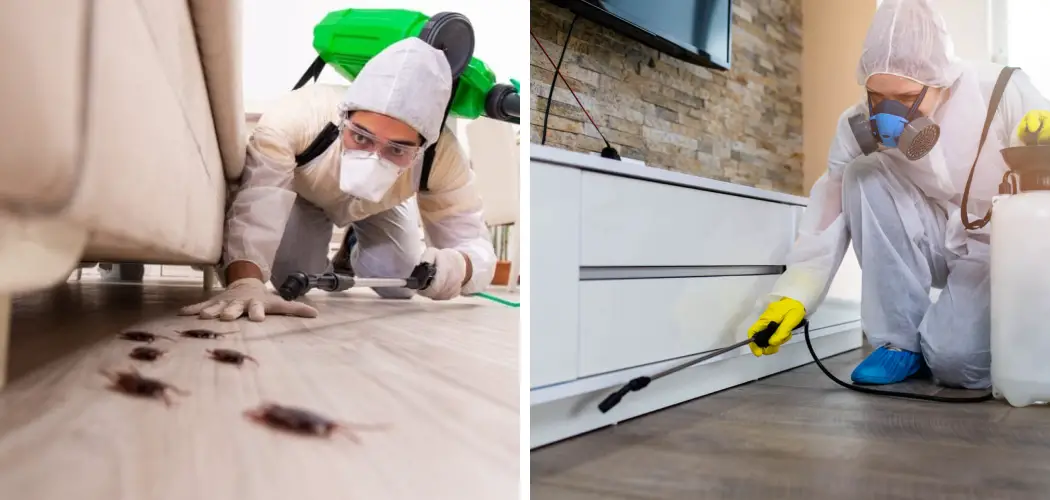Insects in the home can be a serious nuisance and danger. Most homeowners are unaware of the potential threats that certain insects can pose, from triggering allergies to spreading diseases. Many people try to combat these infestations with store-bought insecticides or other chemical treatments. However, this isn’t always necessary. Natural methods can be used to eliminate bugs in the basement and other home areas without chemicals.
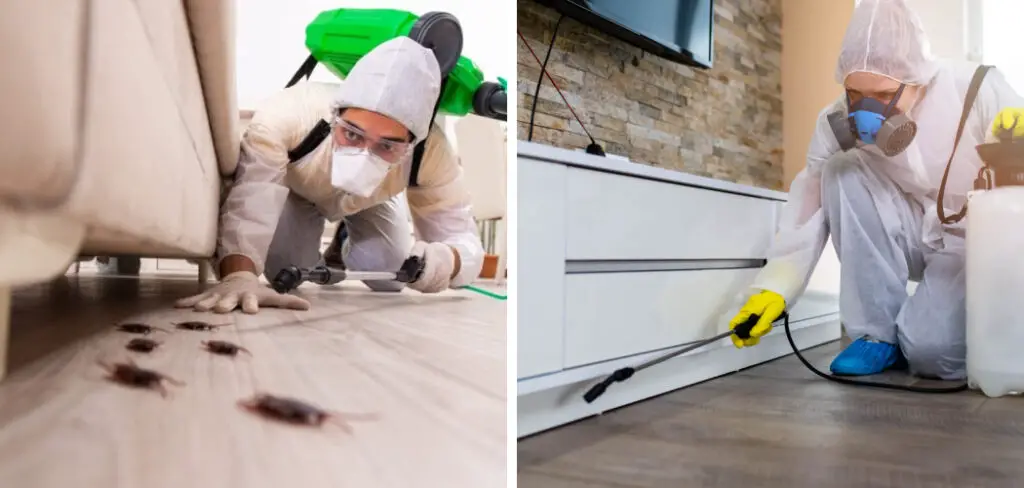
The main advantage of using natural remedies to get rid of bugs in the basement is that they are often safer and less toxic than chemical insecticides. However, it is important to note that some natural remedies may have a limited effect on certain types of pests. You can find step-by-step instructions on how to get rid of bugs in basement naturally in this blog article.
Step-by-step Instructions for How to Get Rid of Bugs in Basement Naturally
Step 1: Inspect the Basement
Inspect your basement to identify the types of bugs living there. Check for holes in walls and flooring and any potential food sources that could attract them. Use a vacuum cleaner with a hose attachment to remove insects from floors and crevices.
Step 2: Remove Food Sources
Remove any food sources that could be attracting the bugs. Check for crumbs, spilled drinks, and other foods that have been left in the basement. Make sure to vacuum them up and dispose of them properly outside the home.
Step 3: Seal Entry Points
Seal off any entry points where the bugs may be entering from outside. Use caulk to seal any gaps or cracks in walls and flooring. Replace weatherstripping around windows and doors, if needed. Reduce moisture levels in the basement by installing a dehumidifier or using fans to circulate air. This will help discourage the bugs from entering the basement and make it less attractive as a nesting area.
Step 4: Add Natural Repellents
Add natural repellents such as diatomaceous earth, cedar oil, and citronella to the basement. These will help repel any insects that may be living in the area. Set traps around the basement to capture any bugs that may be living there. Use sticky traps or bait stations to attract and trap them. Dispose of the insects once they are caught in a sealed bag.
You Can Check It Out to Clean Unsealed Concrete Basement Floor
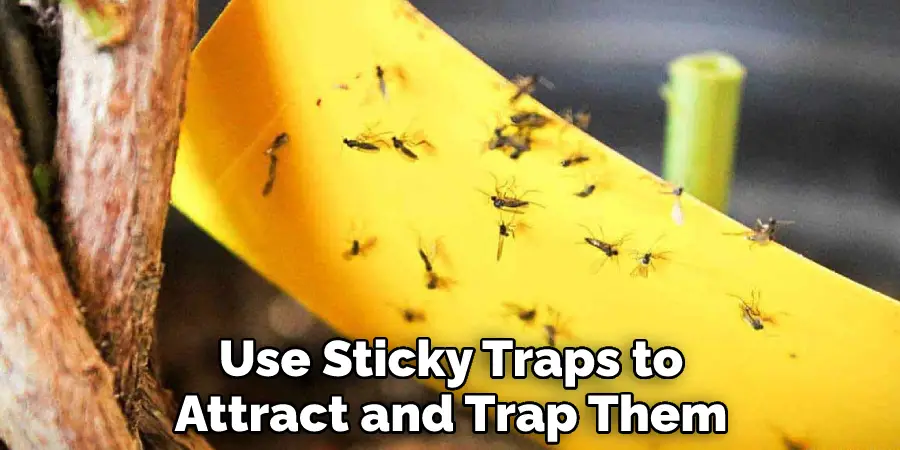
Step 5: Apply Insecticides
If all else fails, use insecticides to get rid of the bugs. Choose a natural product that is safe for use in your home and follow the instructions carefully. Once you have gotten rid of the bugs, clean up any remaining food sources or potential nesting areas. Vacuum the floors and walls and move furniture away from the walls to discourage the bugs from coming back.
Step 6: Monitor for Re-Entry
Monitor your basement for any signs of re-entry by insects. Look for droppings, tracks, or other signs that they may be returning. If you see any evidence of their return, repeat the above steps until they are gone permanently.
Finally, take preventative steps to ensure the bugs don’t return. Keep food sources sealed and clean up spills and crumbs immediately. Seal any entry points around windows, doors, or other openings. Regularly inspect your basement for signs of infestation and take action quickly if needed. Following these steps will help you get rid of bugs in the basement naturally.
Precautions for How to Get Rid of Bugs in Basement Naturally
- Make sure to wear a face mask and gloves when handling insecticides or any other pest control products.
- Cover all vents in the basement with screening so that no more bugs can get in.
- Vacuum around your baseboards regularly to remove food sources, such as crumbs and pet hair. This will help deter pests from coming back.
- Seal any cracks or crevices in your walls, floors, and foundation to prevent insects from entering your home.
- Clean up any standing water or debris that may be gathering in the basement, as this is a breeding ground for bugs.
- Place sticky traps around the perimeter of the basement to capture any insects that may be living there.
- Purchase a dehumidifier to help reduce moisture levels, which can be attractive to pests.
- Call an exterminator if the problem persists or if you have severe infestations that cannot be handled independently. An experienced professional will know the best course of action and what products are safe to use.
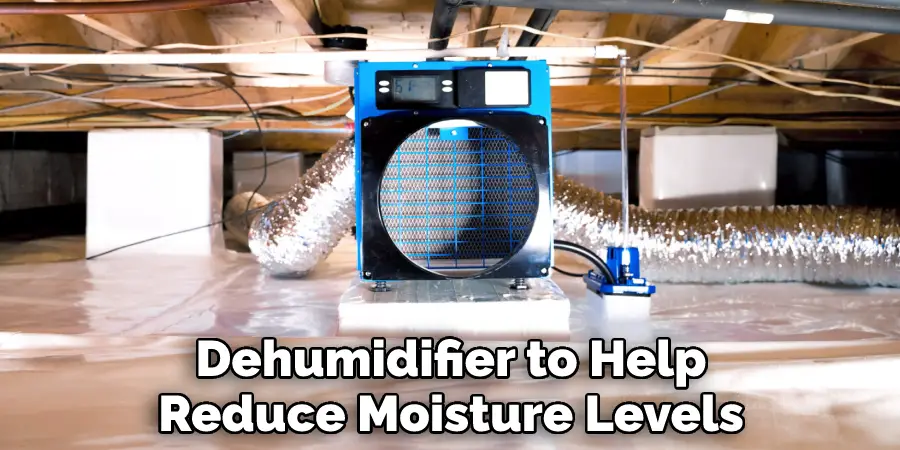
Following these steps can help you get rid of bugs in your basement naturally and safely.
How Can You Prevent Bugs From Entering Your Basement?
- Check basement windows and doors for gaps or cracks where bugs may enter the home, and seal any openings with caulk or weatherstripping.
- Install door sweeps on the bottom of exterior doors leading into the basement to ensure no insects can enter through them.
- Clean up your basement regularly, and make sure to remove any food or water sources that insects may be attracted to.
- Keep your basement dry by ensuring it is well-ventilated and installing a dehumidifier if necessary.
- Regularly check the exterior of your home for cracks, holes, or other openings where bugs may enter. Seal up any potential entryways with caulk or weatherstripping.
- Remove piles of leaves, debris, and other organic matter from around your home’s exterior to reduce potential insect nesting sites.
- Trim back any bushes or trees that are near your home so that bugs don’t have easy access to your basement windows.
- Use a high-powered vacuum to remove insects and other pests from your basement on a regular basis.
- Place sticky traps around the perimeter of your home to catch any bugs that may be trying to enter through cracks or crevices.
- To repel insects, use essential oils such as tea tree oil, eucalyptus oil, or lavender oil in a diffuser.
- Try natural bug sprays such as garlic-pepper spray, neem oil spray, or cedarwood essential oil spray to keep bugs away from your basement.
These tips can help reduce the number of bugs that enter your basement, but if you have a bug infestation, it’s best to call an exterminator. They can help identify the type of bugs and will be able to recommend an effective treatment plan.
How Often Should You Use Natural Bug Repellent Methods in Your Basement?
The frequency with which you use natural bug-repellent methods in your basement depends on the severity of the infestation. If you’re dealing with a large number of bugs, then more frequent treatments may be necessary. The best approach is, to begin with, one treatment, giving it time to take effect before adding any additional treatments. You should also use repellent treatments consistently, even after the initial infestation has been dealt with. This will help to ensure that any new bugs that enter your basement are quickly and efficiently eradicated.
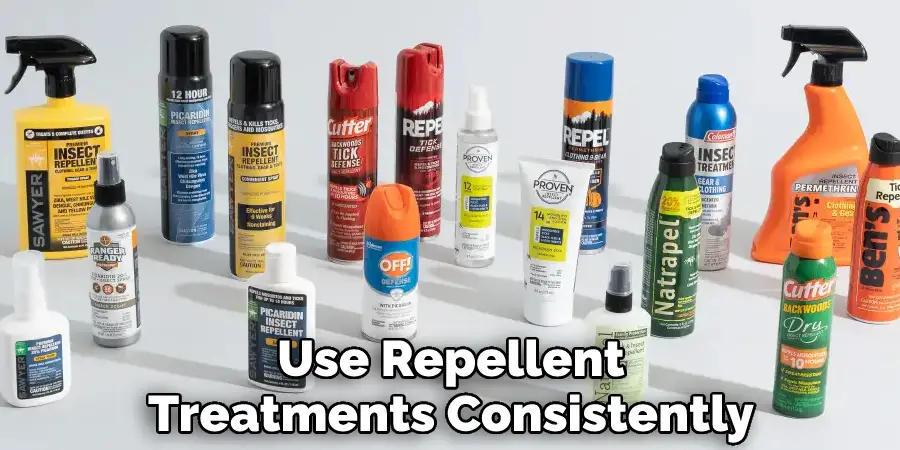
When using natural bug repellents in your basement, it’s important to be mindful of their potential side effects. Some natural bug repellents (such as essential oils) can cause irritation or sensitization if used too frequently. In general, it’s best to limit your use of natural bug-repellent treatments to once per month for the first few months after an infestation is discovered. After that point, you may be able to reduce the frequency of treatments as the infestation is brought under control.
Are There Any Special Considerations When Using Natural Pest Control Methods in a Basement Environment?
When using natural pest control methods in a basement environment, there are some special considerations to consider. One important factor is that using non-chemical methods may not always be immediately effective. You should plan on following up with additional action or treatments if the issue persists despite your initial efforts. Basements can also be particularly difficult to treat because of their enclosed nature. Treatments such as vacuuming and steam cleaning may not be as effective in a basement environment due to the lack of ventilation. It may also be more difficult to apply granules or liquids when no direct sunlight is present.
When using natural methods such as essential oils, it’s important to ensure that they are safe for use in enclosed spaces. Additionally, you’ll need to do extra research and take extra precautions when using bait traps or sticky traps in a basement environment. These special considerations should be considered when attempting to Get Rid of Bugs in Basement Naturally. Taking the time to research your options and consider any potential risks or safety concerns will ensure that you use the most effective and safest pest control methods in your basement environment.
Conclusion
The major disadvantage to removing bugs naturally from your basement is the amount of time it might take. Natural solutions are typically slower than chemical solutions, so you may have to be patient when waiting for results. Additionally, some natural solutions, such as essential oils and vinegar sprays, will only provide short-term relief and must be reapplied regularly. This can be tedious and costly.
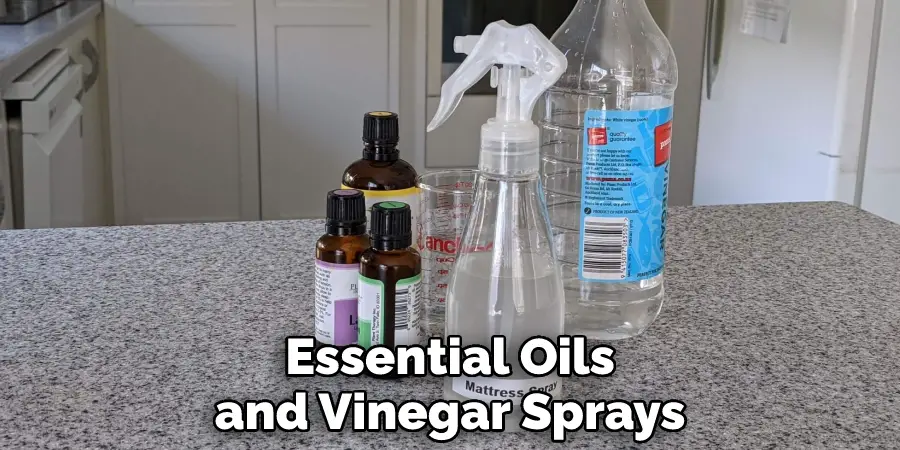
In conclusion, getting rid of bugs in the basement is a great way to keep your home free from pests. By implementing some simple steps, such as reducing moisture, regularly vacuuming and cleaning up debris, and using natural repellents like diatomaceous earth, you can minimize the infestations and keep your basement free of bugs. Preventive measures, such as sealing cracks and crevices, can also help reduce future infestations. I hope reading this post has helped you learn how to get rid of bugs in basement naturally. Make sure the safety precautions are carried out in the order listed.

